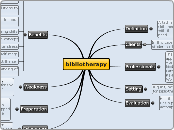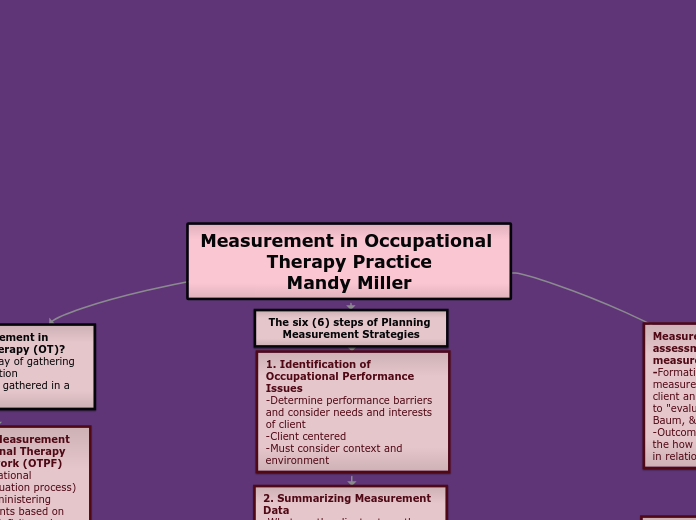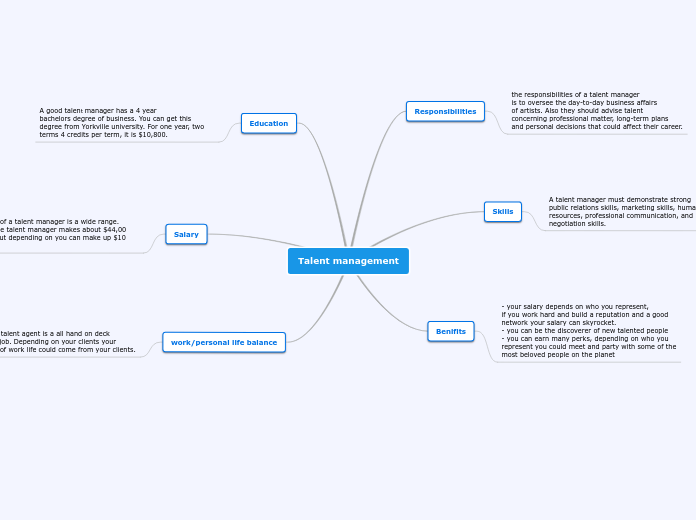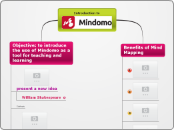av Dominique Leclerc 14 år siden
283
bibliotherapy mindmap
Using literature to address emotional issues, bibliotherapy is particularly beneficial for young students. The process involves preparing a suitable environment, defining the emotional issues, and selecting appropriate stories and activities.









